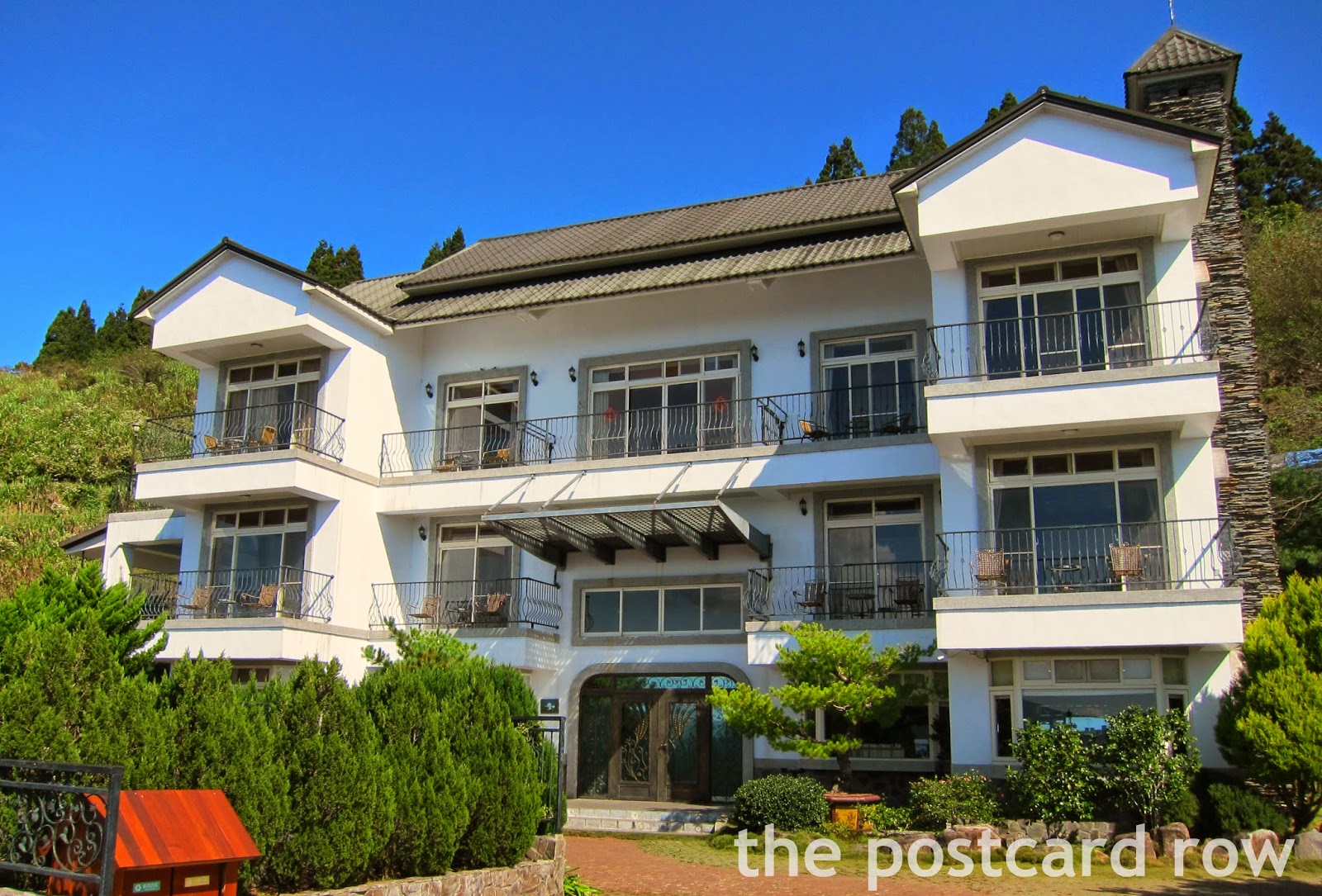I entered a travel writing competition a few months ago, writing about my experience in Pingxi. Since the competition allows posting of your own entry in your blog, I thought I'd share it here. It's great to be able to add pictures so that you can really see what I saw and felt.
Here's the complete piece. I entitled it "War and Peace":
We discovered too late that we had boarded the wrong bus. On our way to the famous Shifen waterfalls, we were suddenly asked to alight in Pingxi, an old town near the mountains of north Taiwan, known for its Lantern Festival.
Pingxi struck me as a quiet, sleepy village whose narrow alleys meandered up and down hilly slopes. The streets were almost bare, save for a handful of tourists. Elderly folks sat along doorways, watching people pass. Shopkeepers lazily fanned themselves, waiting for customers. Once in a while, a mother’s shrill voice pierced the silence, calling children to come home. The scene was quaint and idyllic.
I started walking uphill towards the village temple. I spied a curious sight of large holes by the side of the hill. As I drew near, I realized that these were not holes, but caves. The largest entrance had the words “Ba Xian Dong” (meaning “Eight Immortals Cave”) inscribed in Chinese along its arch and a yellow government sticker that read: “Capacity: 500 persons.” The cave was an old air-raid shelter.
 |
| Giant "holes" which caught my eye |
I peered inside and saw how the caves were interconnected and branched off into several directions, leading deep into the heart of the hill. As sunlight streamed through the entrance, I found myself entering the shelter, my curiosity overpowering my fears. The air inside was cool; the silence, deafening. The walls resembled huge boulders, pockmarked and covered with moss. As I walked further, I came across man-made alcoves, each containing a round stone table and some stools. Seeing these facilities gave me an eerie feeling and made me imagine families huddled in fear. Inside these caves, war felt real. It was strange that a quiet, sleepy village would have such a violent history. Suddenly, I wondered if Pingxi’s peaceful exterior was a product of simplicity and contentment or a consequence of abandonment and death.
 |
| The "facilities" |
Bats and mosquitoes brought me out of my reverie. I quickly walked out of the bomb shelter and into the hot summer sun. Outside, houses had laundry hanging out to dry. The train finally arrived, chugging along the old railway tracks. Two village kids played a game of tag nearby. War seemed to be a forgotten memory.
My companion called out to me to join the tradition of releasing sky lanterns. We wrote down our wishes and sent our paper lanterns into the sky. As I watched my lantern float upward, I realized that this tradition was Pingxi’s way of celebrating and treasuring the peace that had come at last.
 |
| Releasing paper lanterns into the sky |





Comments
Post a Comment